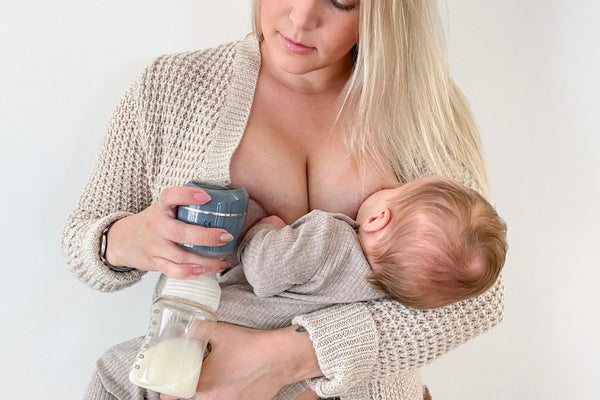Overview :
Even the most healthy women can have pregnancy problems but taking steps towards a healthy lifestyle can increase your chances of having a healthy pregnancy.
Good food, a level of physical activity, relaxation and reduced stress all provide the best conditions for your health and therefore your pregnancy, your fetus and your birth experience. Your goals can be simple and need to be achievable. Worrying about health and fitness during pregnancy is not going to be helpful, in fact worry will only increase your stress levels.
Quick tips
- There are a number of important things that you can work towards to improve health outcomes for both you and your baby.
- Health improvements are not always easy to make, especially if there are more pressing issues in your family or home life. An approaching birth can be a great motivator for change but not always. If you find it hard to make changes don’t be afraid to ask for help.
- The following is a short overview of things you can do straightaway.

Do
- take folate in the weeks before and up to three months after you get pregnant
- eat a variety of good food
- maintain a reasonable level of activity
- reduce stress in your work and family life if you can
- if it’s possible, find time for yourself
- rest and try to get enough sleep
- have regular checkups throughout your pregnancy
- contact your health care provider as soon as you feel something is wrong.
Avoid
- alcohol – the recommendation is that you avoid alcohol in pregnancy or when you are breastfeeding. What you drink, your baby drinks too.
- smoking – it is known that smoking increases the risk of miscarriage and harms the growth and development of your baby. For free information, advice and support to stop smoking contact Quitline on137 848 (available 24 hours).
- multivitamins containing retinol – this is a type of vitamin A that can be harmful in large amounts. Liver also contains retinol, so it should be limited to small amounts.
Get support and advice
As soon as you are able, visit your GP. You GP can:
- talk to your about tests that you need, your care options and where you might have your baby
- advise you about other support organisations in the community
- put you in touch with services that can assist if you have special needs or require particular care. Some maternity services offer special care for women with drug and alcohol issues, others provide specialised care for pregnant women with disabilities or very young women who are pregnant.

